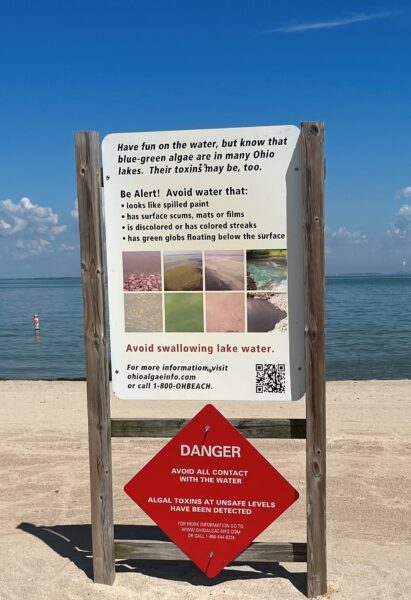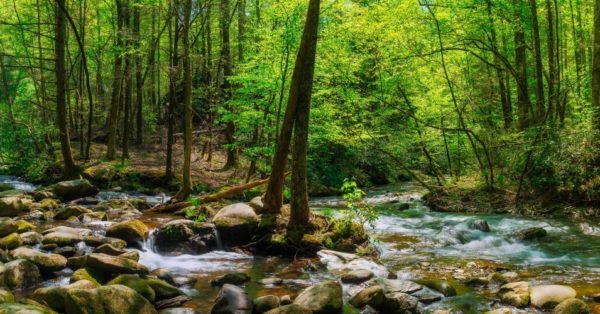CELDF provides pro bono and low-cost legal assistance to grassroots groups and municipal governments seeking to assert the power to expand legal protections for ecosystems, human environmental rights, worker rights, houseless folks, as well as other social and economic justice rights.
Through our legal support of communities, CELDF has worked with close to 200 communities across the U.S. to develop laws to protect against fracking and other threats, and secure community and environmental rights. In addition, CELDF provides legal support to non-governmental organizations and governments around the world to advance the Rights of Nature.
Among the services CELDF provides are:
- Assistance with drafting rights-based laws;
- Legal research and education; and
- Litigation support
To learn more about our legal services, contact us at info@celdf.org.
Local Law Center
CELDF provides a variety of legal and organizing services to communities, local organizations, and municipal governments. This includes assistance with drafting local laws, ordinances, and Home Rule Charters; legal research; education and training on how the current structure of law elevates corporate “rights” over the rights of people, workers, communities, and nature; and developing strategies for advancing local democratic and environmental rights.
CELDF has worked with communities across the U.S. to secure community and nature’s rights, address corporate “rights” and unilateral forms of state interference in local democracy, as well as to protect communities from threats such as GMOs, pipelines, fracking, and pesticides.
We are working in communities to develop new municipal charters — whereby citizens are writing and petitioning for their own local governing constitutions to provide a broader platform to secure and protect the most basic human and ecosystem rights.
Below are examples of a draft law developed by CELDF with a local grassroots group in Coos County, Oregon, and a Community Rights Home Rule Charter developed by CELDF with Grant Township, Pennsylvania residents. The Charter was adopted overwhelmingly by Grant residents in November 2015.
As well, below we provide a sample Sanctuary City Community Bill of Rights law, as growing numbers of communities seek means to protect the rights of all human beings from unjust and illegitimate laws.
We provide these as samples of the kinds of laws we’ve drafted in partnership with grassroots groups and municipal governments. The list continues to grow, so always feel free to reach out. CELDF works with each of our partner communities and groups to develop law or strategies that reflect the needs of that community. Thus, these models are provided for discussion only, and should not be used as a template. Further, these models are not intended as legal advice, as advocating for legislation, and should not be used in your community without consulting CELDF.
Grant Township, PA
Grant Township, PA, took action against the oil and gas industry to stop a frack wastewater injection well from siting in their community by adopting a Community Bill of Rights Ordinance banning injection wells as a violation of rights. Pennsylvania General Energy Company (PGE) sued the Township, and a federal judge overturned portions of the Bill of Rights. The judge’s ruling was based on the Township being governed under the Pennsylvania Second Class Township Code.
Refusing to accept a denial of their rights, the people of Grant chose to become a Home Rule Township. They are the first community in the U.S. to draft and adopt a Community Rights Home Rule Charter. The Charter was adopted with 68% of the vote.
With the adoption of their rights-based Charter and “going Home Rule,” the community has reinstated their frack waste injection ban, asserting their right to local self-government, to clean water, and a healthy environment, and prohibiting state and federal governments, as well as gas corporations, from overriding the community’s democratic decision making authority.
Coos County, OR
Coos County, OR, wants to protect themselves from the proposed Jordan Cove Export Terminal and the accompanying LNG pipeline cutting through their county, and move towards a viable energy future that doesn’t include fossil fuels. They contacted CELDF, learned about community rights, and determined to advance those rights through the Coos County Right to Sustainable Energy Future Ordinance.
Sanctuary City
Growing numbers of communities in the U.S. are responding to Donald Trump’s attack on “undocumented” human beings by seeking to offer sanctuary to those being targeted.
These communities recognize that the Declaration of Independence asserts we are all born equal and with certain unalienable rights. They understand the Declaration was written prior to the creation of the U.S. They realize this founding document was making the case that unalienable rights exist in all of us, just by virtue of being born, and that we create governments like the United States “to secure these rights.”
The Sanctuary City ordinance is rights-based, reaffirming and securing fundamental civil rights, prohibiting government profiling, targeting, discrimination, or deportation based solely on perceived or actual immigration status and religious belief.
Contact CELDF at info@celdf.org to see how we may able to partner with you and your community.
State Law Center
CELDF’s State Law Center provides model state legislation and state constitutional amendments to people and groups working to protect the Rights of Nature and protective forms of local democracy from corporate and state interference. Materials should always be customized for each state within which the models are used. The materials within the State Law Center should not be construed to be the offering of legal advice or lobbying by CELDF.
State Constitutional Amendments
The state constitutional amendments below are the ground-breaking efforts of the state Community Rights Networks, their respective communities who have been working at the local level, and CELDF. These amendments seek state-level change, envisioning the liberation of municipalities and communities to expand civil and political rights for individuals and communities, recognize the rights of nature, and elevate those rights above the “rights” currently claimed by corporations and other business entities. For more information, contact us at info@celdf.org.
International Work
The United Nations has warned that we are heading toward a “major planetary catastrophe.” Indeed, as species decline, deforestation advances, coral reefs die off, the oceans acidify, glaciers and ice sheets melt, and global warming accelerates, a fundamentally new relationship between humankind and nature has never been more urgent.
CELDF is working in countries around the world to advance a new relationship, which for the first time recognizes the highest legal protections – and thus places the highest societal value – on the protection of nature by recognizing the rights of Nature. CELDF provides assistance to local, state, and national organizations in other countries interested in advancing the rights of nature and elevating community self-government above the privileges of corporate interests.
CELDF has engaged with people in Ecuador, India, Australia, Nepal, Cameroon, Colombia, and other countries – working alongside civil society organizations and governments to develop rights-based frameworks to protect nature.
Ecuador
CELDF worked with groups engaging with the Constituent Assembly of Ecuador to draft rights of nature provisions for its constitution, such that in 2008 Ecuador became the first country in the world to recognize the rights of nature in its constitution. The achievement was a victory for a strong indigenous-led movement in the country. Article 71 of the Ecuador Constitution recognizes that “Nature, or Pacha Mama, where life is reproduced and occurs, has the right to integral respect for its existence and for the maintenance and regeneration of its life cycles, structure, functions and evolutionary processes.” Available Now: English Translation & Webinar of the 2022 Landmark Decision in Ecuador to Protect Los Cedros Forest over Mining Profits.
India
CELDF partnered with NGOs in India to develop the National Ganga River Rights Act – to recognize rights of the river to exist and thrive, and the rights of the people of India to pure water and a healthy river. The Ganga Rights Act would recognize:
- Rights of the Ganga River to exist, thrive, regenerate, and evolve.
- Rights of the people of India to a healthy, thriving river ecosystem, pure water, and a healthy environment.
- Recognize the authority of the people of India and their governments to enforce and defend these rights.
Contact CELDF’s International Law Center to learn how we may be able to work with you on rights-based frameworks to protect communities and the environment. Contact us at info@celdf.org or (country code)+1+717+4980054.
Stay Up-to-Date with the Latest News & Information

Blogs
Tribal Sovereignty, White Man’s Reservations, and the Need for Tribal-Municipal Solidarity To Protect Our Collective Future
Feature photo by Samuel Regan-Asante on Unsplash Opposing harmful industrial projects – like mines, aerial pesticide spraying, factory farms, or toxic waste disposal facilities – is…
Read More

News
The Killing of Lake Erie and Discovering Right Relationship Ten Years Later
On August 2, 2014, Toledo residents awoke to government alerts to not drink, bathe, use or touch the water coming out of their taps. The…
Read More

Blogs
CELDF Response to “Can granting legal ‘personhood’ to nature stem biodiversity loss?” by Viktoria Kahui
The prospect of liability introduced by conferral of personhood status monetizes the relationship between humans and the rest of nature.
Read More
